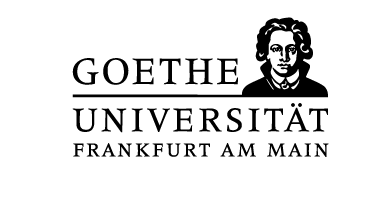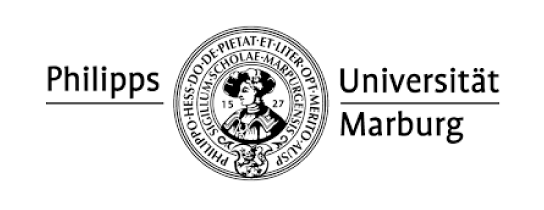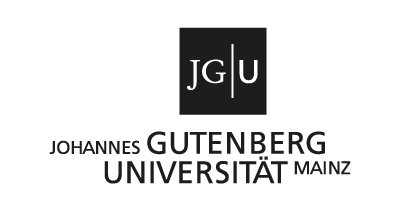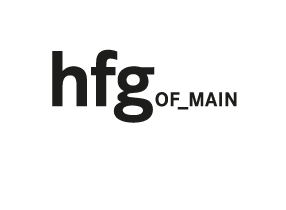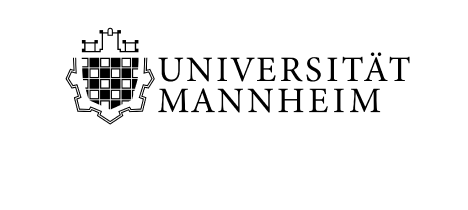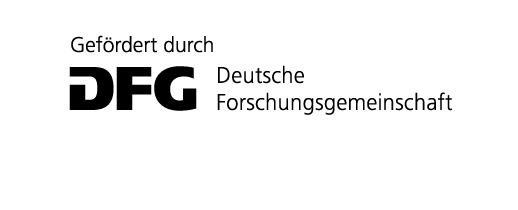Germany in the Jewish-American and Israeli Migrant Imagination
My interdisciplinary dissertation focuses on literary, performative, and artistic projects of Israeli and Jewish American migrants in (and with) Germany. The recent influx of many Jewish Americans and Israelis to Germany has given rise to aesthetic projects that memorialize the Holocaust and critically consider the relationship between the Holocaust and the Nakba, as well as the roles of race and social justice within these current debates taking place in Europe, Israel, and the U.S. The latter two dimensions are what primarily distinguish these group’s aesthetic foci from aesthetic works by artists and authors from the much larger influx of Jewish Russians who emigrated to Germany, primarily after the collapse of the Soviet Union. The Jewish Americans and Israelis who move to Germany are faced with an experience of physically stepping into a space whose fraught history fundamentally affected their upbringing and a space that remains rejected by many of their families. These migrant artists and authors engage with this uncanny experience through their art, and sometimes also activism. Their art and literature deals with Germany’s past, often bringing it into dialogue with the current crisis in Israel/Palestine and sometimes other colonial histories. In doing so, they locate memories of the Nakba as being connected to, rather than in competition with, memories of the Holocaust.
These instances of migration to Germany implicate intertwined and competing histories, raising timely questions related to Jewish identity, memory dynamics, migration politics, and notions of ethical responsibility in aesthetics. Namely, what memory dynamics emerge when Jewish American and Israeli third-generation Holocaust descendants migrate to the place from which some of their grandparents suffered and subsequently fled? How does being in Germany encourage Americans and Israelis to renegotiate their Jewish identity and relationships to Israel/Palestine? How do German cultural institutions limit and/or facilitate this kind of renegotiation? How do these aesthetic projects alter the cultural memory landscape of Germany at large as well as cities that have a particular historical significance for Jewish communities such as Berlin, Frankfurt and Mainz and the largest amount of these migrants, such as Cologne, Munich, and most notably Berlin? How are their migratory aesthetics changing the literary and artistic landscapes of Germany? Is the literature and art produced here affecting American and Israeli cultural memory and political debates within cultural spheres as well? How does the third-generation deal with the legacy of the Holocaust differently than the second generation? What social structures exist in Germany to promote the migration of Jews, what ethical considerations does this in turn evoke for the migrants themselves and how do their works sometimes address this? How do these questions change when someone actually migrates to Germany, verses visiting and subsequently engaging with its past and present as many of the Jewish American and Israeli authors / artists who return to their home counties do?
Profile
Sharon Zelnick is a Ph.D. student in the Department of Comparative Literature at UCLA and a 2022-2023 DAAD scholar, currently based in Berlin. She works in the fields of Holocaust studies, Jewish American literature, cultural memory studies, migration literature, and visual culture. Focusing on issues of intergenerational memory, social justice, and migrant aesthetics, Sharon’s research explores how Jewish American and Israeli diasporic literature and art reimagines Germany after the Holocaust. She comparatively analyzes photography collections, films, poems and prose by Israelis and Jewish Americans who have migrated to Germany that memorialize the Holocaust and sometimes also the Nakba. She recently published an essay, “Dani Gal’s cinematic and activist engagements with Israel/Palestine in Germany” on this research in NECSUS: European Journal of Media Studies.
